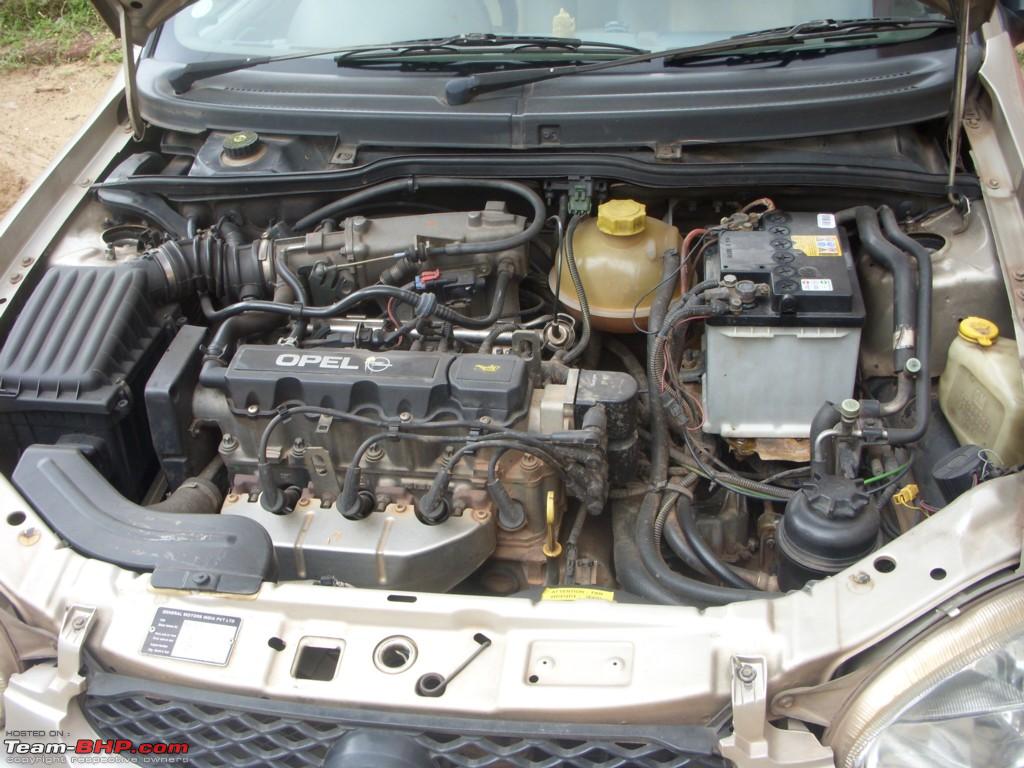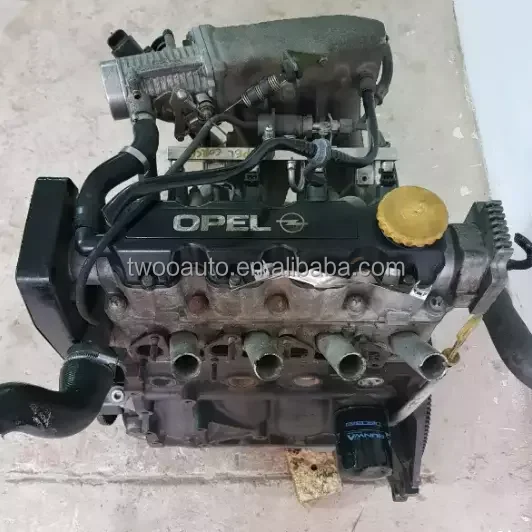Discover Competitive Opel Corsa 1.4 Engine Price Options at Vehicle Parts Marketplace
Discover Competitive Opel Corsa 1.4 Engine Price Options at Vehicle Parts Marketplace
Blog Article
Engine Purchasing Expert Tips on Selecting the Right Engine for Your Particular Needs
Selecting the best engine for your particular requirements includes an intricate interaction of variables that surpass mere horsepower figures. From power outcome to fuel efficiency, the decision-making process can be daunting. Recognizing the subtleties of engine types, sizes, and their compatibility with your automobile is essential. There are professional suggestions that can help browse this terrain with confidence. By diving right into the complexities of power versus efficiency, evaluating gas scores, and budgeting for long-term prices, one can genuinely enhance their engine selection.
Power Vs. Effectiveness: Finding the Equilibrium
When selecting an engine, it is crucial to strike an equilibrium between power and performance to meet your specific needs properly. Power refers to the engine's ability to generate energy for propulsion, establishing aspects like velocity, hauling ability, and overall efficiency - Opel Corsa 1.4 Engine Price. On the various other hand, efficiency connects to how well the engine uses gas to generate power, affecting variables such as fuel economic situation and environmental friendliness
Attaining the right balance in between power and performance is vital due to the fact that an engine that is too powerful might eat excessive fuel, leading to higher operating expenses and unneeded pressure on the environment. On the other hand, an engine that focuses on performance over power might result in sluggish performance, particularly in requiring scenarios like towing heavy loads or driving uphill.
To make a notified choice, take into consideration variables such as your typical driving conditions, the intended use the automobile, and your individual choices. By assessing your concerns and demands, you can select an engine that strikes the ideal balance in between power and effectiveness, guaranteeing ideal performance while lessening ecological influence and operating expense.
Understanding Engine Size and Kind
To better improve the option procedure of an engine that strikes the ideal equilibrium between power and effectiveness, it is necessary to look into the details of recognizing engine dimension and type. Engine size describes the complete quantity of air and fuel that can be pushed via the engine cyndrical tubes. It is normally determined in liters or cubic centimeters. Larger engine sizes usually cause even more power output but can additionally cause reduced fuel performance. On the various other hand, smaller engine dimensions are commonly more fuel-efficient yet may sacrifice some power.
Additionally, engine kind plays a crucial duty in figuring out the performance attributes of an engine. Common engine kinds include inline engines, V engines, and rotating engines, each with its unique benefits and drawbacks. The engine type influences elements such as the engine's dimension, weight distribution, and power distribution. Understanding the interaction between engine dimension and type is essential in selecting an engine that aligns with your specific requirements and concerns, whether it be power, efficiency, or a balance of both.

Consider Your Vehicle's Requirements
Considering your lorry's requirements is a fundamental step in the engine selection process to guarantee ideal efficiency and capability. It is necessary to examine factors such as the meant use the automobile, its weight, towing capability, and gas effectiveness demands. For example, if you are seeking an engine for a heavy-duty vehicle that will certainly be used for towing, you will certainly require a powerful engine with high torque capacities. On the various other hand, if you are selecting an engine for a small car mainly made use of for city commuting, fuel effectiveness might be a much more crucial aspect to consider.
If you often drive in mountainous or sloping locations, a robust engine with great climbing power will be required. By lining up the engine specs with your automobile's demands, you can make sure that your automobile operates efficiently and meets your efficiency expectations.
Examining Gas Effectiveness Ratings
Evaluating gas effectiveness scores is an important aspect of choosing the appropriate engine for your vehicle, making sure cost financial savings and ecological sustainability. Fuel efficiency rankings, commonly determined in miles per gallon (MPG) for fuel engines or kilowatt-hours per 100 miles (kWh/100 miles) for electric engines, show exactly how far a lorry can travel on a details amount of gas or electrical energy. Higher MPG or reduced kWh/100 miles worths symbolize more effective engines, converting to decreased gas costs and reduced carbon exhausts.
When reviewing gas effectiveness rankings, consider your driving demands and routines. If you commute cross countries daily, a blog very fuel-efficient engine can result in significant savings over time. Furthermore, contrast various engine options within the exact same automobile course to identify the most cost-effective selection. Variables such as engine size, weight, aerodynamics, and hybrid or electrical capacities can all affect fuel efficiency.
Budgeting for Long-Term Prices
Strategically preparing for long-lasting costs is essential when selecting an engine, making sure monetary sustainability over the automobile's life expectancy. While the preliminary purchase cost of an engine is a considerable aspect, it is vital to think about the long-lasting expenses connected with maintenance, repairs, and fuel intake. Choosing an extra fuel-efficient engine might have a greater ahead of time price yet can result in substantial financial savings over time. Normal upkeep, such as oil modifications, filter substitutes, and tune-ups, is important to keep the engine running smoothly and efficiently, reducing the risk of pricey fixings down the line.
Additionally, researching the availability and price of substitute parts for the selected engine is vital in budget planning. Engines with readily offered and budget-friendly parts can substantially affect long-term maintenance expenditures. Furthermore, considering the engine's longevity and anticipated life-span can aid avoid unexpected substitute costs in the future. By very carefully budgeting for these long-lasting expenses and factoring them into the decision-making process, individuals can pick an engine that not just satisfies their prompt needs however additionally continues to be affordable throughout its life expectancy.
Conclusion
To conclude, choosing the appropriate engine for your specific requirements needs balancing power and effectiveness, comprehending engine dimension and kind, considering your lorry's needs, assessing gas performance ratings, and budgeting for lasting costs. By thoroughly considering these elements, you can make certain that navigate to these guys you choose an engine that meets your needs and offers ideal performance for your vehicle.
To even more refine the option procedure of an engine that strikes the ideal balance in between power and effectiveness, it is vital to delve right into the details of comprehending engine size and type. Engine size refers to the total quantity of air and fuel that can be pressed through the engine cyndrical tubes. Typical engine kinds include inline engines, V engines, and rotating engines, each with its special advantages and downsides. Comprehending the interaction between engine dimension and type is essential in choosing an engine that aligns with your certain needs and top priorities, whether it be power, efficiency, or an equilibrium of both.

Report this page